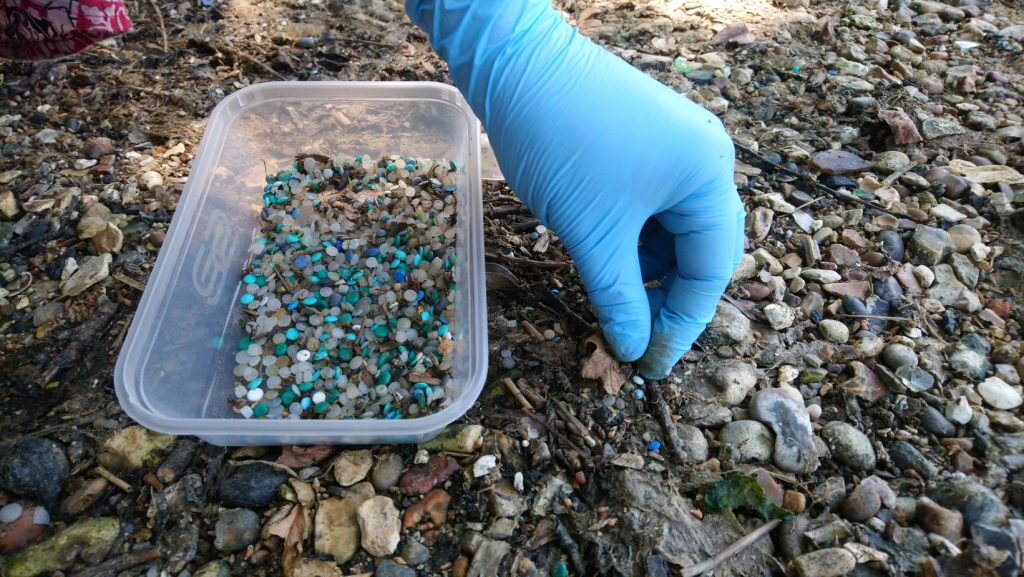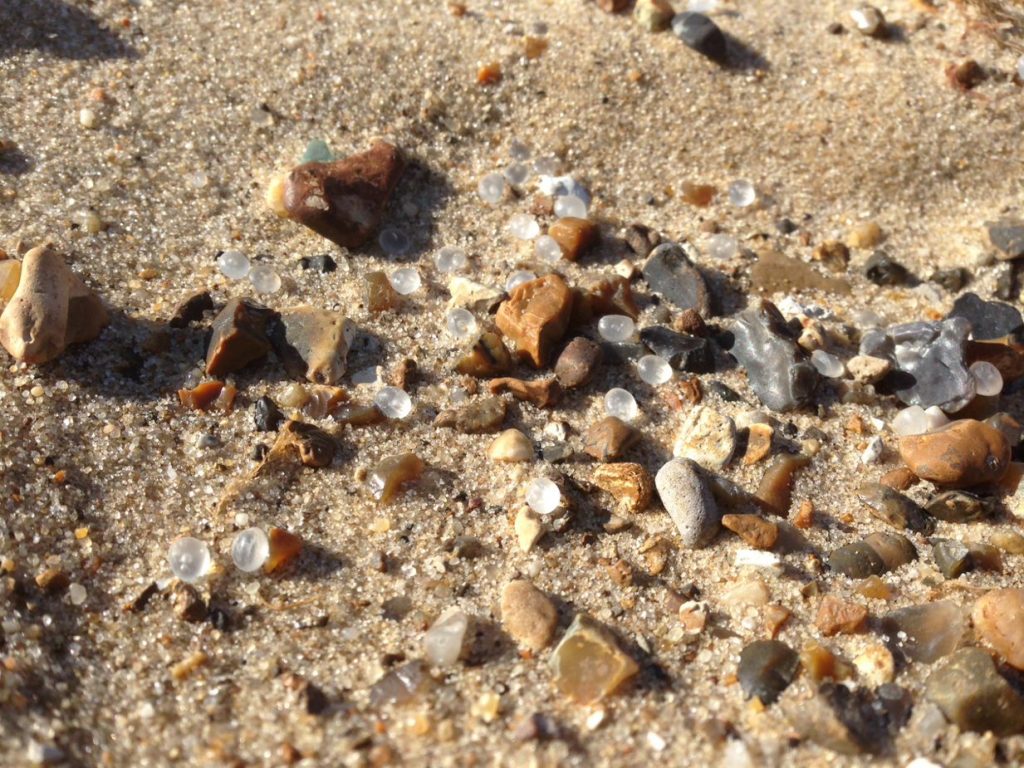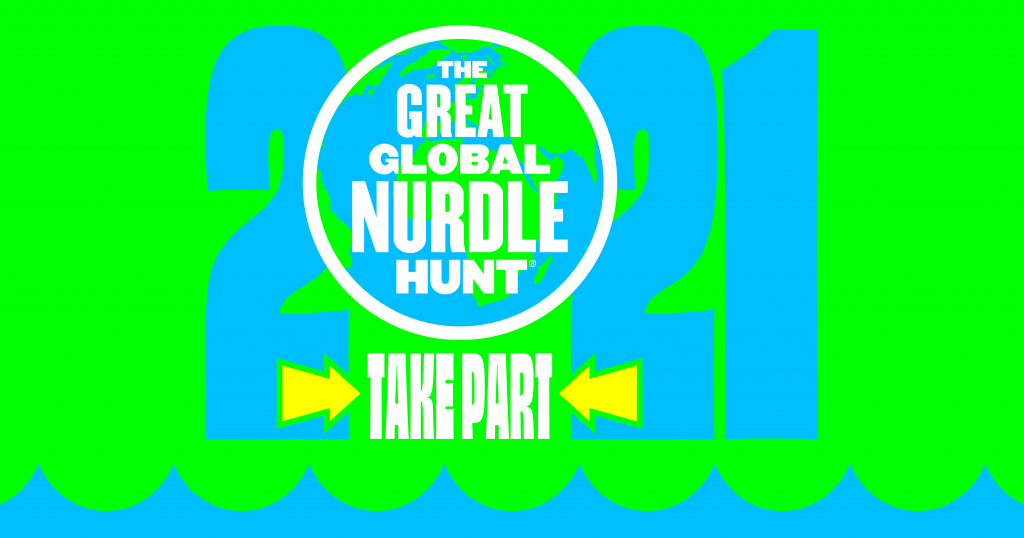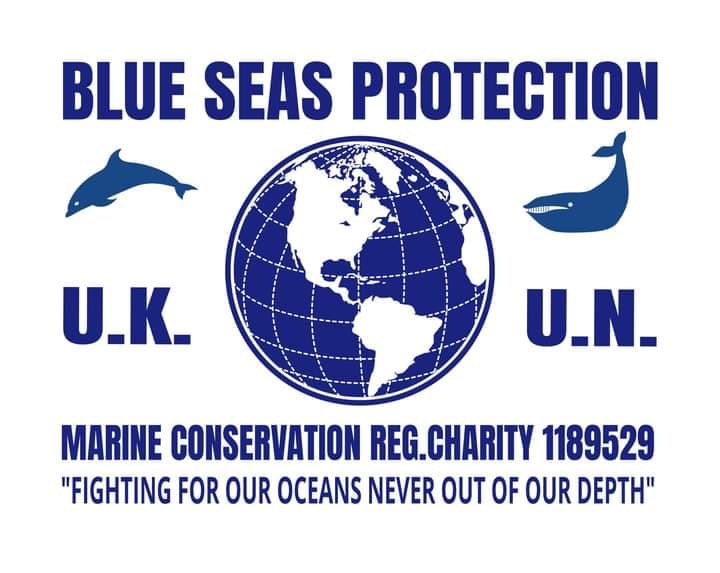The Great Global Nurdle Hunt 2021

Have you ever spotted a nurdle? The Scottish environmental charity Fidra are on a hunt for these tiny microplastic disks this October as part of a global citizen science survey and this is your invitation to take part! By heading to a beach with a keen eye, you’ll be joining a worldwide nurdle hunter network, collecting evidence of a hidden plastic pollution problem to hold the global plastics industry to account and push for solutions at source.
What are nurdles?
Nurdles are small plastic pellets (about the size of a lentil) used by the plastic industry to make almost all types of plastic products, from phone cases to plastic bags. For perspective – it takes about 500-1000 nurdles to make one plastic bottle, so there are trillions of nurdles produced worldwide every year.
The plastics industry is vast and complex. Nurdles are transported across the world, passed from giant production hubs to tiny microbusinesses and often handled many times on their journey to becoming plastic products. Small and lightweight, they can spill throughout the plastic supply chain and, where care is not taken, can be easily lost to the environment.

It is estimated that 230,000 tonnes of nurdles leak from global supply chains each year. Once in the environment, nurdles are almost impossible to clean up and can cause harm to marine life where mistaken for food and eaten. Read more about the problem here: https://www.nurdlehunt.org.uk/the-problem.html

Get involved
The Great Global Nurdle Hunt is a global citizen science project aiming to generate evidence and awareness of plastic pellet pollution. Anyone can contribute to, and build evidence of, this issue. To take part, all you need to do is head to your local beach, count the number of nurdles you find and submit your data to the global map – www.nurdlehunt.org.uk/take-part/ .
Live inland or have trouble reaching a beach? Nurdles have been found on riverbanks and lake shores so it doesn’t rule out taking part – wherever you hunt though, please make sure it is safe to do so, keeping an eye on tide times, water levels or weather. Read Fidra’s top tips for hunting nurdles: https://www.nurdlehunt.org.uk/take-part.html#top
How can taking part stop nurdle pollution?
We want to see industry take responsibility of the pellets they handle and to stop this pollution at source. This means putting in place multiple layers of protection to reduce spills, and prevent any remaining spills being lost to the environment.
Evidence from our Global Nurdle Hunt is vital for this work. The Nurdle Map shows that people across the world are finding these plastic pellets washed up on their shores. Fidra harness this worldwide engagement by showcasing the fantastic work people are doing to show the global plastics industry and decision-makers that plastic pellet pollution is widespread and, importantly, people care about it.
This creates public pressure to hold industry accountable and implement solutions. By taking part you are helping to demonstrate how big this problem is and you’re helping to support calls to end plastic pellet pollution once and for all.
Harnessing a global nurdle network
This is a global problem that calls for globally coordinated solutions. Through the Global Nurdle Hunt Fidra work with organisations internationally who are also working on nurdle solutions which is why this year lots of participation is key to showcase the Great Global Nurdle Hunt data and solutions work of all worldwide participants to decision makers at COP26.
Help Fidra make 2021 the most impactful year yet -let’s get nurdle hunting!

